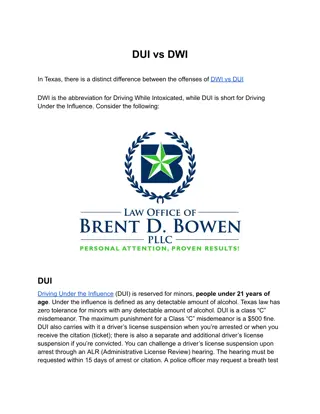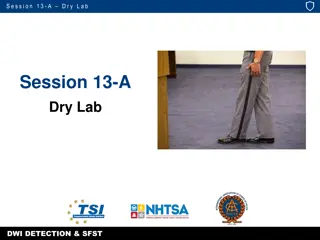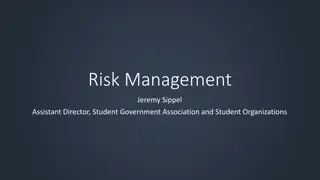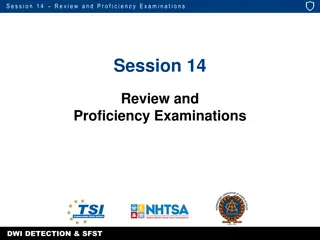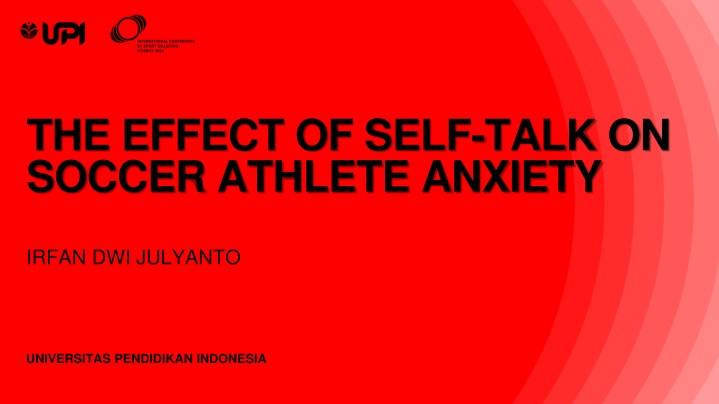
Impact of Self-Talk on Soccer Athlete Anxiety Levels
Explore the effects of self-talk on managing anxiety among soccer athletes. The study shows a significant reduction in anxiety levels through self-talk training, emphasizing its importance in enhancing athletic performance.
Download Presentation

Please find below an Image/Link to download the presentation.
The content on the website is provided AS IS for your information and personal use only. It may not be sold, licensed, or shared on other websites without obtaining consent from the author. If you encounter any issues during the download, it is possible that the publisher has removed the file from their server.
You are allowed to download the files provided on this website for personal or commercial use, subject to the condition that they are used lawfully. All files are the property of their respective owners.
The content on the website is provided AS IS for your information and personal use only. It may not be sold, licensed, or shared on other websites without obtaining consent from the author.
E N D
Presentation Transcript
THE EFFECT OF SELF-TALK ON SOCCER ATHLETE ANXIETY IRFAN DWI JULYANTO UNIVERSITAS PENDIDIKAN INDONESIA
INTRODUCTION Athlete's anxiety level is quite high Mental factors are very important and needed Self-talk can reduce anxiety levels
INTRODUCTION Characteristics of soccer athletes According to (Goswami et, al., 2016) there are variations in psychological skills among athletes who play in different positions on the field. Anxiety Anxiety that arises in an athlete can usually hinder performance and create fear of possible failure in the match, as well as create a moral burden if unable to win (Husdarta, 2014). Self-Talk Positive self-talk includes positive self-talk, which can be used as a source of motivation to improve (Jannah, 2016).
METHODS Research Type: Research Design: Population & Sample: Instrument: Research Treatment: Experimental with a quantitative approach Pretest-posttest control group design UPI Soccer UKM, Purposive Sampling CSAI-2 The treatment group was given 12x training meetings and given a self-talk training method.
RESULT Normality Test Sig. Value > 0.05 Homogeneity Test Sig. Value > 0.05
RESULT Hypothesis Test Sig. Value < 0.05 The self-talk training method in the experimental group has a significant effect on anxiety management in soccer athletes.
DISCUSSION The average decrease in anxiety in the experimental group = 25.7% Average anxiety reduction of the control group = 8.6% There was a decrease in the percentage of anxiety in the experimental group and control group with a difference of 17%.
CONCLUSION The self-talk training method has a significant effect on anxiety management in soccer athletes.
REFERENCES Fraenkel, Wallen, N., & Hyun, H. (2012). How to Design and Evaluate Research in Education 10th ed. McGraw-Hill Education. Goswami, S., & Sarkar, L. N. (2016). Psychological Characteristics Of Football Players According To Their Playing Positions. In Innovative Thoughts International Research Journal (Vol. 3, Issue 6). Jannah, M. (2016). Kecemasan Olahraga: Teori, Pengukuran, Dan Latihan Mental. Jooste, J., Steyn, B. J. M., & Van Den Berg, L. (2014). Suid-Afrikaanse Tydskrif Vir Navorsing In Sport. South African Journal For Research In Sport, Physical Education And Recreation, 36(1), 85 100. Komarudin. (2016). Psikologi Olahraga Latihan Keterampilan Mental Olahraga Kompetitif. Remaja Rosdakarya. Martens, R. , V. R. S. , & B. D. (1990). Competitive anxiety in sport. Pradipta, G.D. (2017). Kecemasan Mempengaruhi Performa Atlet Dalam Bertanding. Artikel Prapavessis, H., & Carron, A. V. (1996). The Effect Of Group Cohesion On Competitive State Anxiety. Journal Of Sport And Exercise Psychology, 18(1), 64 74.




